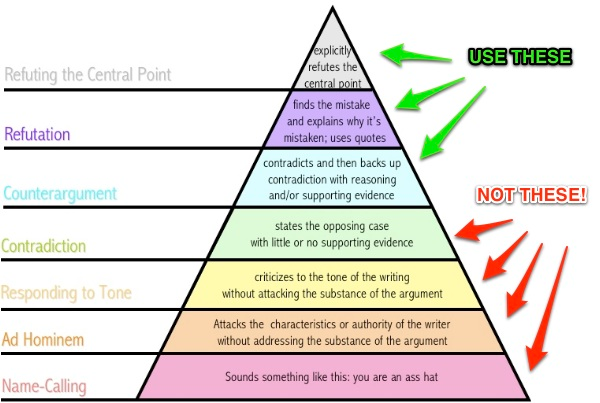and the implied idea that your list is meaningful enough to serve as input for such an analysis is also false. It's bunk.
that's bunk. that is not what his statement implies at all.
"The 27 Club includes popular musicians, artists and actors who died at age 27." There's also a list, which ypu ignore.
and the BMJ study also ignores. which is the topic/title of this thread.
The study abstract states the claim as "famous musicians are at an increased risk of death at age 27."
the 7 Muppet actors are not famous musicians. etc. The actors from the movie Fame are not famous musicians. etc.
that said, the 2009 book the authors link to but dont quote:
Amy Winehouse, aged 27, reignited talk of the "27 club", as a seemingly unusual number of well known musicians have died at this age.1
has this list:
The 27s is the first comprehensive account of the lives and legacies of the thirty-four musicians who make up (to date) rock's most notorious myth.
The 27s also include crooner Jesse Belvin ("Earth Angel," "Goodnight My Love"), Rudy Lewis of the Drifters, Brian Jones of the Rolling Stones, Malcolm Hale of Spanky And Our Gang, Alan Wilson from Canned Heat, Arlester Christian of Dyke And the Blazers, Jim Morrison, Ron "Pigpen" McKernan of the Grateful Dead, Pete Ham of Badfinger, Gary Thain of Uriah Heep and Keef Hartley Band, Roger Lee Durham of Bloodstone, Helmut Köllen of Triumvirat, Chris Bell of Big Star, D. Boon of Minutemen, Pete de Freitas of Echo & the Bunnymen, Mia Zapata of the Gits, Kurt Cobain of Nirvana, Kristin Pfaff of Hole, Raymond "Freaky Tah" Rogers of Lost Boyz, Sean McCabe of Ink & Dagger, Jeremy Michael Ward of De Facto and The Mars Volta, Bryan Ottoson of American Head Charge, and Valentin Elizalde.
links from
books wiki page
alexandre Levy brazil pianist, composer 1892
Robert Johnson "crossroad blues"
american
Nat Jaffe swing jazz 1945
american
Jesse Belvin r&b
american no2 1960
Rudy Lewis Drifters R&B
american 1964
Malcolm Hale (spanky and our gang)
american 1968
Brian Jones English 1969
Alan Wilson (canned heat)
American Sept 3rd 1970
Jimi Hendrix
American Sept 18, 1970
Janice Joplin
American October 4, 1970
Arlester "dyke" Christian (dyke and the blazers) R&B
American 1971
JIm Morrison
American July 3rd 1971
Ron McKernan (Grateful Dead)
American March 8, 1973
Roger Lee Durham (Bloodstone) R&B
American July 27,1973
Wallace Yohn (chase)
American jazz/rock August 1974
David Micheal Alexander the Stooges
American Feb 10, 1975
Pete Ham Badfinger Wales April 24, 1975
Gary Thain Uriah Heep New Zealand December 8, 1975
Helmut Kollen (Triumvirat) German May 3, 1977
Chris Bell (Big Star)
American Dec 27, 1978
D, Boon The Minutemen
American Dec 22, 1985
Pete de Freitas (echo and bunnymen) English June 14, 1989
Mia Zapata (the Gits)
American July 7, 1993 (seattle)
Kurt Cobain
American 1994 (seattle)
Kristen Paff (Hole)
American 1994 (seattle)
Richey Edwards (Manic street preachers) Wales 1995-?
Fat Pat rapper
American 1998
Freaky Tah
American rapper 1999
Sean McCabe (ink and dagger) punk
American 2000
Maria Serrano (Passion fruit) euro bubblegum [German] 2001
Jeremy Ward (Mars Volta)
American 2003
Brian Ottoson (
American Head Change) 2005
Valentin Elizalde Mexican 2006
so that might be where the study authors got the idea that members dont have to be "famous" per se, although the list also squashes their idea of using a number 1 album criteria. even a number 1 single wouldnt fit the bill really. (esp not a UK #1 list)
(wonder what Eurobubblegum music is...)

